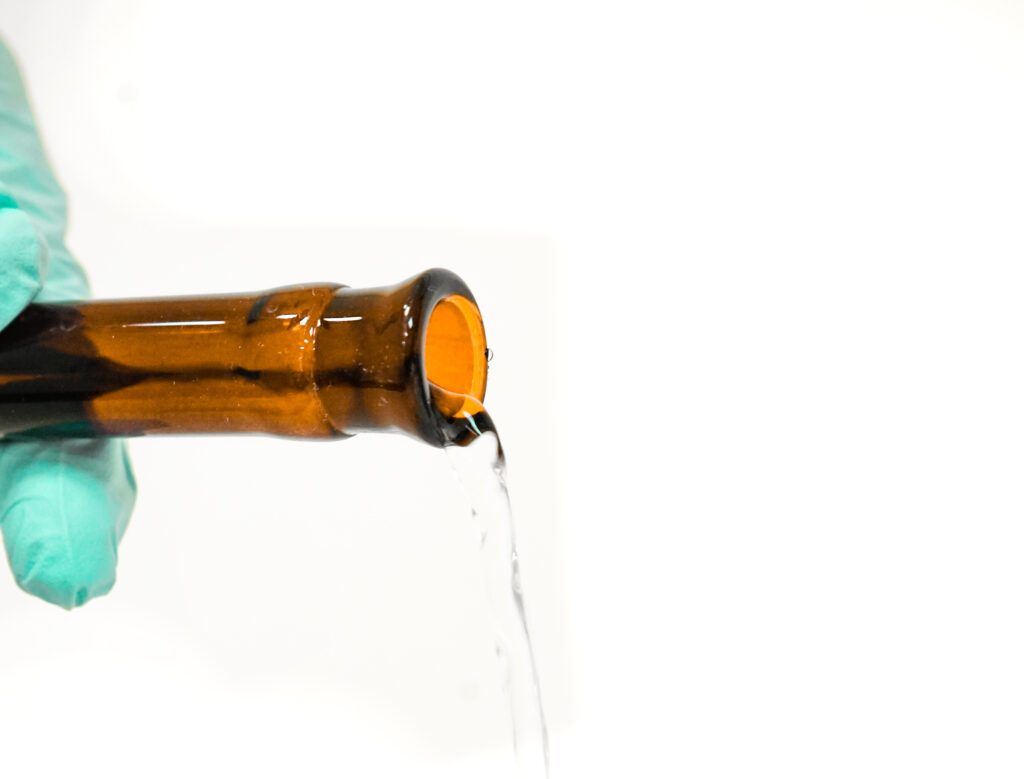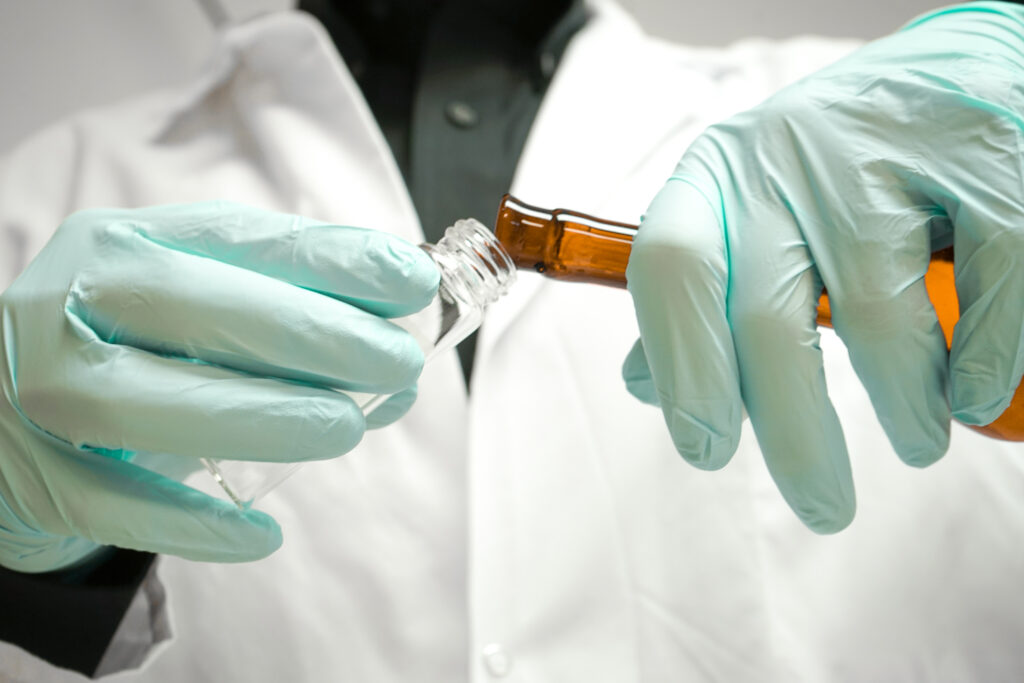Lead in School Drinking Water – The Conversation Continues

Lead has been finding its way into our drinking water since the invention of plumbing. It’s been used throughout history for its stability and malleable and for plumbers, there’s nothing better. Except for the fact that it’s poisonous.
Until a few years ago, lead in drinking water wasn’t a headline topic. That all changed in April of 2014 when residents of Flint, Michigan noticed the water from their taps looked, smelled and tasted strange. A study conducted the following year revealed the problem. Water samples collected from more than 250 homes indicated Flint’s lead levels had drastically spiked (far past the regulated limit.) The result? Elevated lead levels in the blood of the citizens (children included) across the city.
This matters because lead is a suspected carcinogen. Even low levels aren’t believed to be safe. It’s highly toxic to the brain and nervous system, as well as most other organs and, has been linked to reduced IQ, ADHD, and serious developmental issues in babies and children.
Since the findings, states across the nation have scrambled to avoid the Flint crisis by requiring lead testing in their schools and applying stricter regulations every year in places like Maryland, DC, New York and more recently, Virginia.
“The most recent drinking water regulation change happened in Virginia,” explained drinking water testing specialist Mike Arbaugh. “Though regulations have become stricter, the awareness of the need for testing isn’t recent. These schools have been aware of it since the Flint, Michigan crisis. It’s just taken some time to implement certain regulations in every state.”
In an effort to advance these regulations, last month the EPA announced $737,000 in grant funding to the Virginia Department of Health to “assist with identifying sources of lead in drinking water in schools and child care facilities,” explained Mid-Atlantic Regional Administrator Cosmo Servidio…
“Protecting children from exposure to lead is a priority for EPA. This funding will support Virginia’s efforts to detect and reduce lead in drinking water, thereby protecting children’s health at schools and elsewhere.”
Virginia public schools are already required by a 2017 law to test school drinking water for lead. The new regulation requires schools to submit the water test results to the Virginia Department of Health by 2021. And while this can seem like a daunting task – it can be as simple as a phone call if the district is working with a local laboratory that knows what they’re doing.
“Microbac is a Virginia and Maryland certified water testing laboratory,” explained Arbaugh. “We can support all aspects of drinking water testing and have been for 50 years. Our clients don’t even have to drive to our lab if they don’t want to – we have couriers that will come directly to the schools or engineering firms and pick up samples.”
If you’re a decision-maker in Fredericksburg schools, greater Virginia (or in any school district facing stricter lead testing requirements) Microbac Laboratories is your local resource for clarity and accuracy regarding the compliance of your school’s drinking water.You can connect with us here with our no-hassle inquiry form and a specialist will send you a free quote shortly. Or you can contact our drinking water specialist Mike Albaugh directly by emailing mike.arbaugh@microbac.com

This document is not intended to provide scientific or other advice to be used in a specific fact situation and is intended for general information purposes only. While we encourage you to share this document with others, this document or any portion of it may not be quoted, used in or referred to in another publication without our express permission.